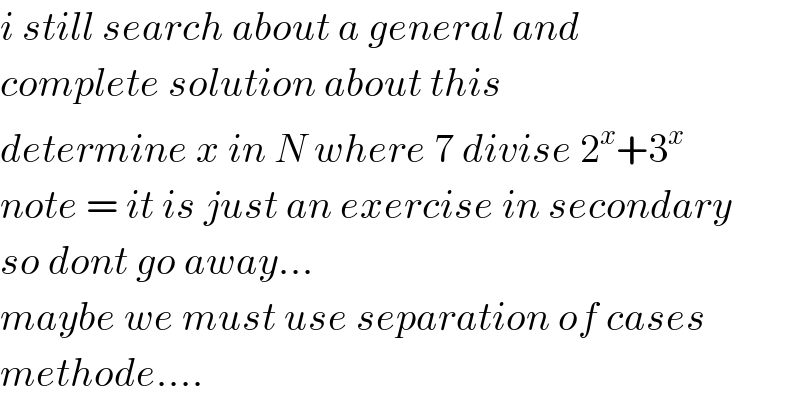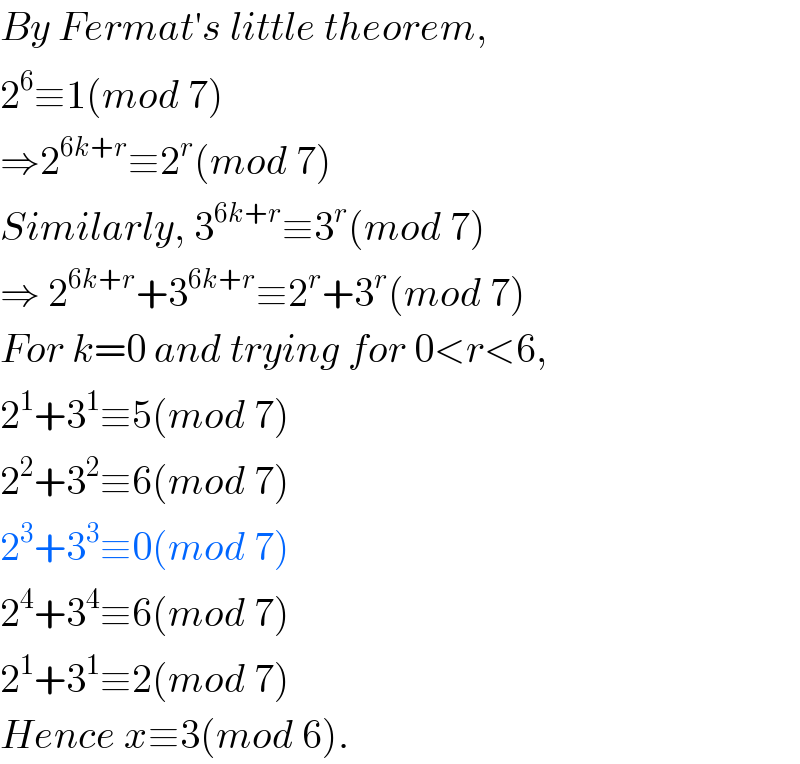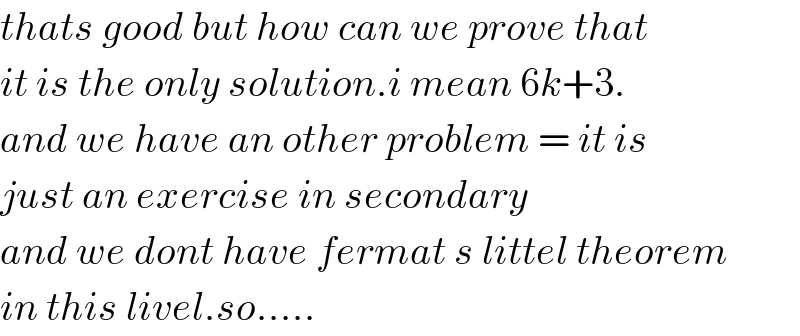
Question and Answers Forum
Question Number 21990 by hi147 last updated on 08/Oct/17

Commented by Tinkutara last updated on 11/Oct/17

Answered by Tinkutara last updated on 11/Oct/17

Commented by hi147 last updated on 16/Oct/17

| ||
Question and Answers Forum | ||
Question Number 21990 by hi147 last updated on 08/Oct/17 | ||
 | ||
Commented by Tinkutara last updated on 11/Oct/17 | ||
 | ||
Answered by Tinkutara last updated on 11/Oct/17 | ||
 | ||
| ||
Commented by hi147 last updated on 16/Oct/17 | ||
 | ||